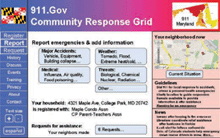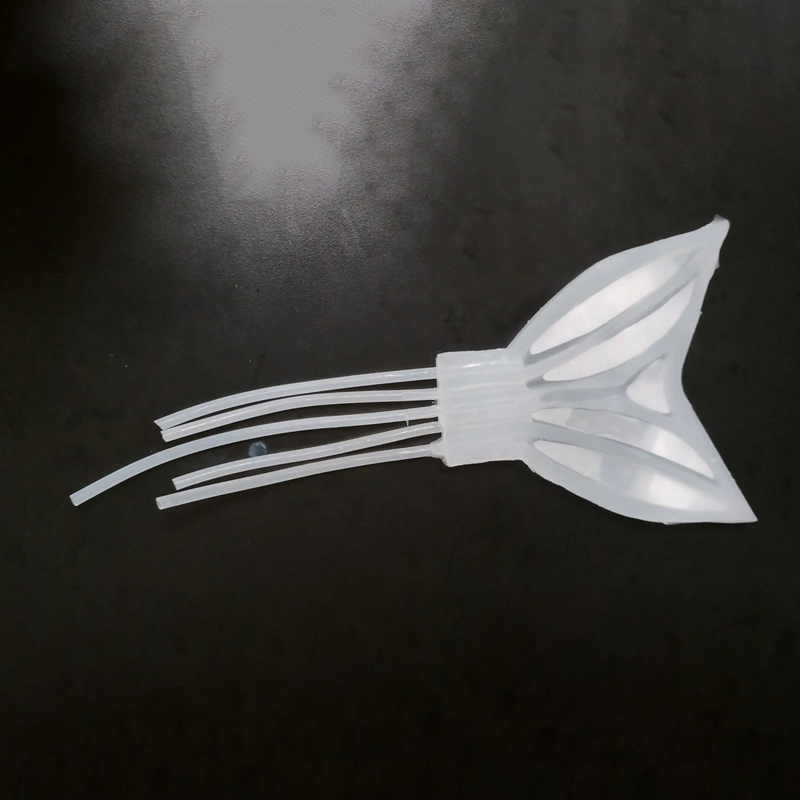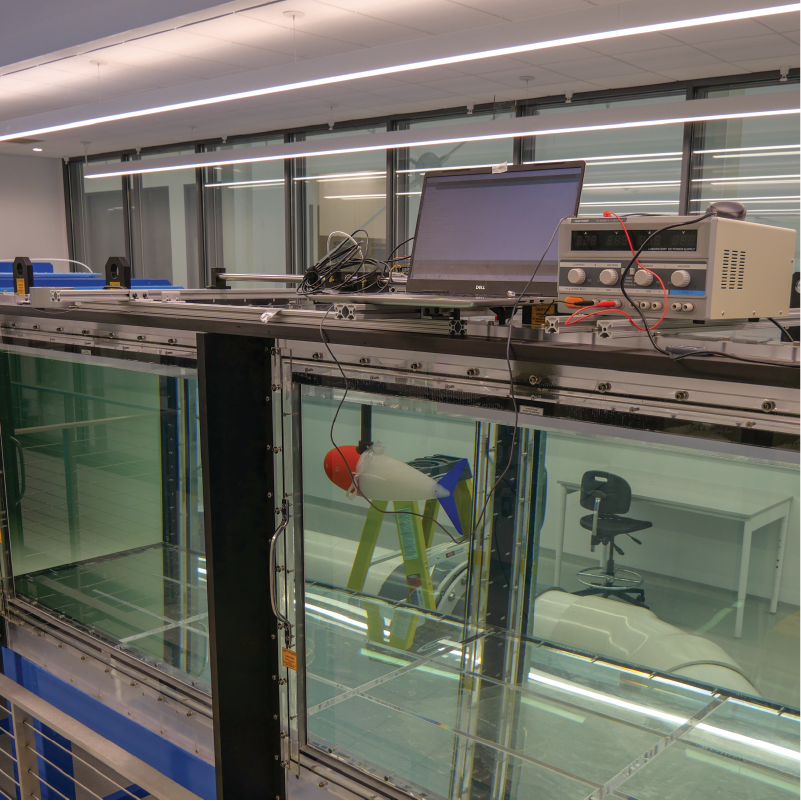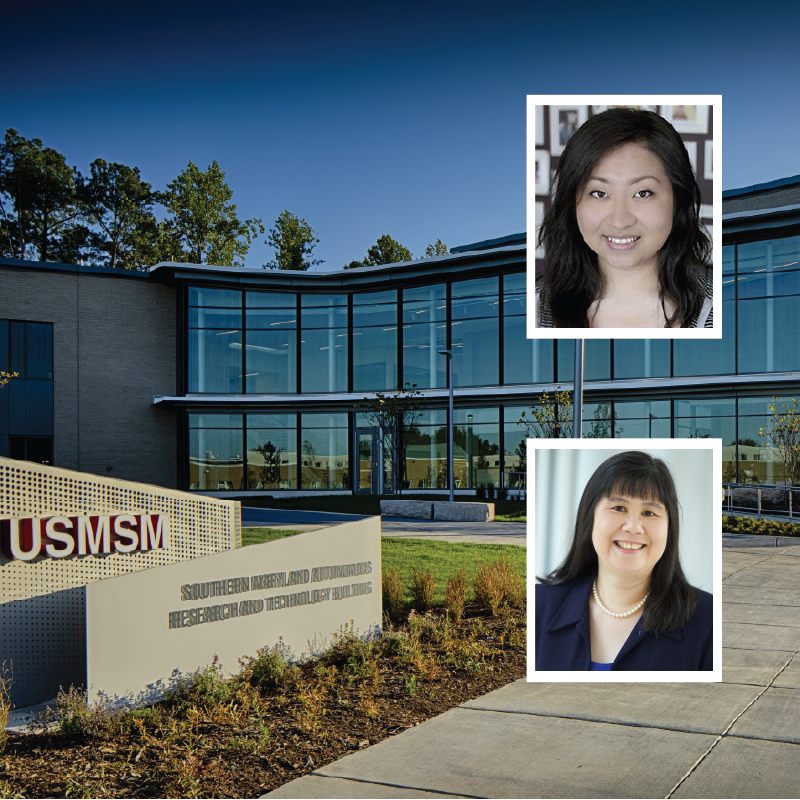News Story
Shneiderman, Preece advocate for 'online 911' system

This protoype CRG web page supports registering households, reporting incidents, requesting assistance, and responding to requests.
Shneiderman and Preece wrote:
"When individuals need help for medical emergencies or fires, most U.S. residents reach for their phones to dial 911. But when natural disasters, public health threats, or terrorist attacks occur that affect thousands of individuals or more, 911 operators cannot handle all the requests. Such disasters may require massive coordination of public and private agencies, plus cooperation from millions of citizens. Public use of Web-based social computing services, such as MySpace or Facebook, has spread to hundreds of millions of users. This suggests that local, state, and federal agencies could build community response grids (CRGs) where residents could report incidents in seconds, receive emergency information, and request resident-to-resident assistance. The current Internet and World Wide Web have proven effective for many purposes, but government agencies have been slow to adopt social computing for national security, disaster response, and emergency relief."
Shneiderman and Preece's research suggests that community members, who would register in advance, could use Internet-based computers, mobile devices and cell phones to give and get text messsages, photos or videos. The site would support coordination as emerging software tools could enable agencies to integrate reports and promptly recognize patterns. Civic leaders could disseminate information on a street-by-street basis. CRGs would be most useful in catastrophes that do not destroy infrastructure, such as avain flu, chemical and biological attacks, and temperature extremes.
The University of Maryland may implement a prototype CRG system sometime in 2007.
Read the coverage at:
Science
Nature
New Scientist
Technology Review (publication of the Massachusetts Institute of Technology)
The Discovery Channel
BBC
Published February 19, 2007









